Yesterday, I went for a hike - if you can call it that, given the flatlands of Berlin.
I hadn’t planned to. I’d spent the week trying to write something thoughtful, meaningful - useful. But the words wouldn’t come. Nothing was landing. So instead, I walked.
If I orient myself towards doing good - which I do - then surely writing an essay that might help someone think differently, feel understood, or even just smile is more worthwhile than going for a hike, which serves no one but my dog Erna and me. Right?
The Perils of Effective Altruism
That kind of thinking reminded me of Rutger Bregman’s recent book in which he advocates for working in jobs that do good, instead of taking bullshit jobs. I have written before that I find some of his ideas challenging.
His view seems grounded in a utilitarian philosophy - the idea that we should always strive to maximize happiness or well-being for the greatest number of people.
In this worldview, every action, every choice, gets weighed on this grand scale of utility. It’s appealing in its apparent simplicity, offering a yardstick for goodness, a way to navigate the moral maze by asking "what does the most good?".
I often feel like I’m stealing time when I rest - as if my being is secondary to my doing.
In essence, this is also what effective altruism is about. It takes the utilitarian impulse and makes it ruthlessly practical.
Effective altruism asks: given my limited resources (time, money, skills), how can I achieve the maximum positive impact on the world, often focusing on quantifiable outcomes and evidence-based interventions?
It prioritizes and directs resources where they can, statistically, do the most good, often with a focus on global poverty, animal welfare, or existential risks. Its utilitarianism urges us to not just feel good about our efforts, but to ensure they are genuinely effective.
The Root Cause of Effective Altruism
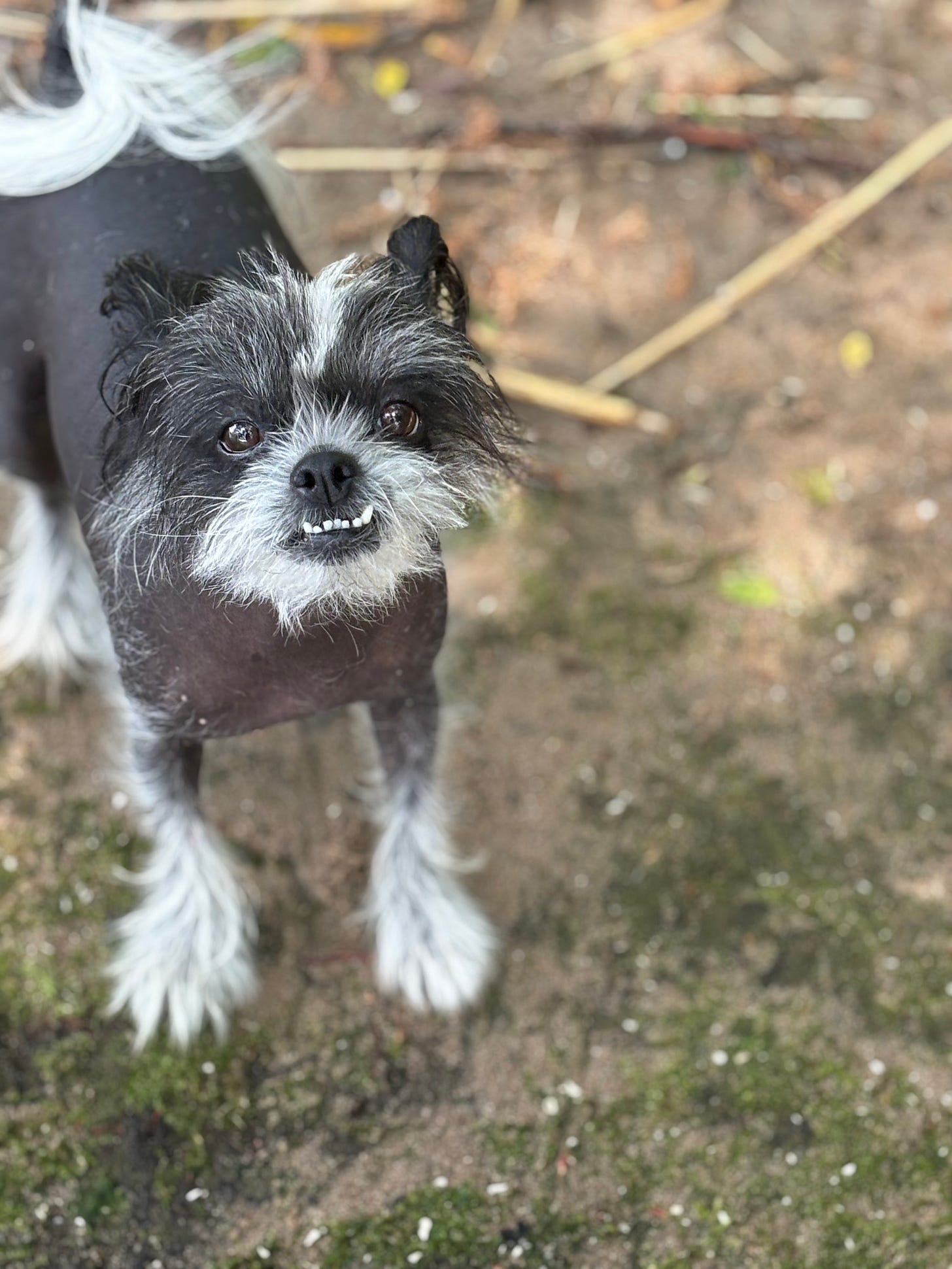
When we approach doing good from within a story based on mechanistic thinking, effective altruism can feel like the obvious winning strategy. The tell-tale signs of this logic are everywhere: the focus on data, transactions, return on investment. I’ll buy my way to a better world, to a clearer conscience, to heaven.
Of course, my hiking dilemma wasn’t really about whether should’ve spent the cost of the train fare on someone in need. But our language betrays how deeply mechanistic thinking runs: we spend time, we spend money.
For me, it was about time.
Political philosopher John Rawls has the image of a man who enjoys counting blades of grass - an apparently useless pursuit that he loves but really seems to benefit no-one else. In a “good” society, should we let him?
In the same manner, should I let myself go hiking? Is it okay to hike while the world is burning and while I might otherwise use that time to do something more “useful”?
Whose Goodness, Anyway?
As Helen De Cruz recently argued in her excellent piece on “Can’t take it with you” (which greatly informed this essay), ethical egoism theories, which are radically different from effective altruism and related philosophies, say you should benefit yourself foremost.
Spinoza, for instance, saw each of us as a finite expression of God or nature. Going for a hike, in that view, isn’t frivolous - it’s a genuine act of participation in the whole. It’s diversity, beauty, and embodiment.
Audre Lorde similarly has said that as an activist against racism, parts of her identity that bring her joy are really just as important as the activism, including her poetry.
After an hour of hiking, still contemplating the question whether I should be doing something else with my time, I noticed that while my body was moving forward in a direction (towards Pichelsberg), my mind wasn’t.
Not as long as I stayed inside utilitarian logic.
And damnit, being raised in a WEIRD world, this way of thinking and being - of measuring, optimising, justifying - is so deeply ingrained that it keeps creeping back in, even when I think I’ve moved past it.
The Trap of Calculation
No amount of philosophy-ing will help me solve this dilemma, when in fact what I am really doing is trying to make a calculation.
And while calculations can inform philosophy-ing, they can’t replace it. In fact, to me, that’s the exact opposite of what philosophy offers.
The more I looked at the question - "Should I go hiking or do something more useful?" - the more it revealed itself as being utterly flawed.
As I unpacked it, I saw just how many assumptions were smuggled into that one innocent-sounding question:
- That my value lies in my output, in what I tangibly produce for others. My being is secondary to my doing.
- That “doing good” is a measurable quantity, and that I can reliably calculate the goodness-units of writing an essay versus going for a hike.
- That my own well-being, my need for rest or unstructured contemplation, is a luxury, or at best, a maintenance activity to enable more productive doing in the future.
- That there’s a direct, transactional relationship between my effort and the world’s improvement, e.g. if I don't write this essay now, a quantifiable amount of potential good is irretrievably lost.
- That I should be an optimised utility-producing machine, rather than a complex, curious, and somewhat messy human being whose needs and expressions are multifaceted and not always reducible to productive ends.
What if the Hike Isn’t the Problem - But the Point?
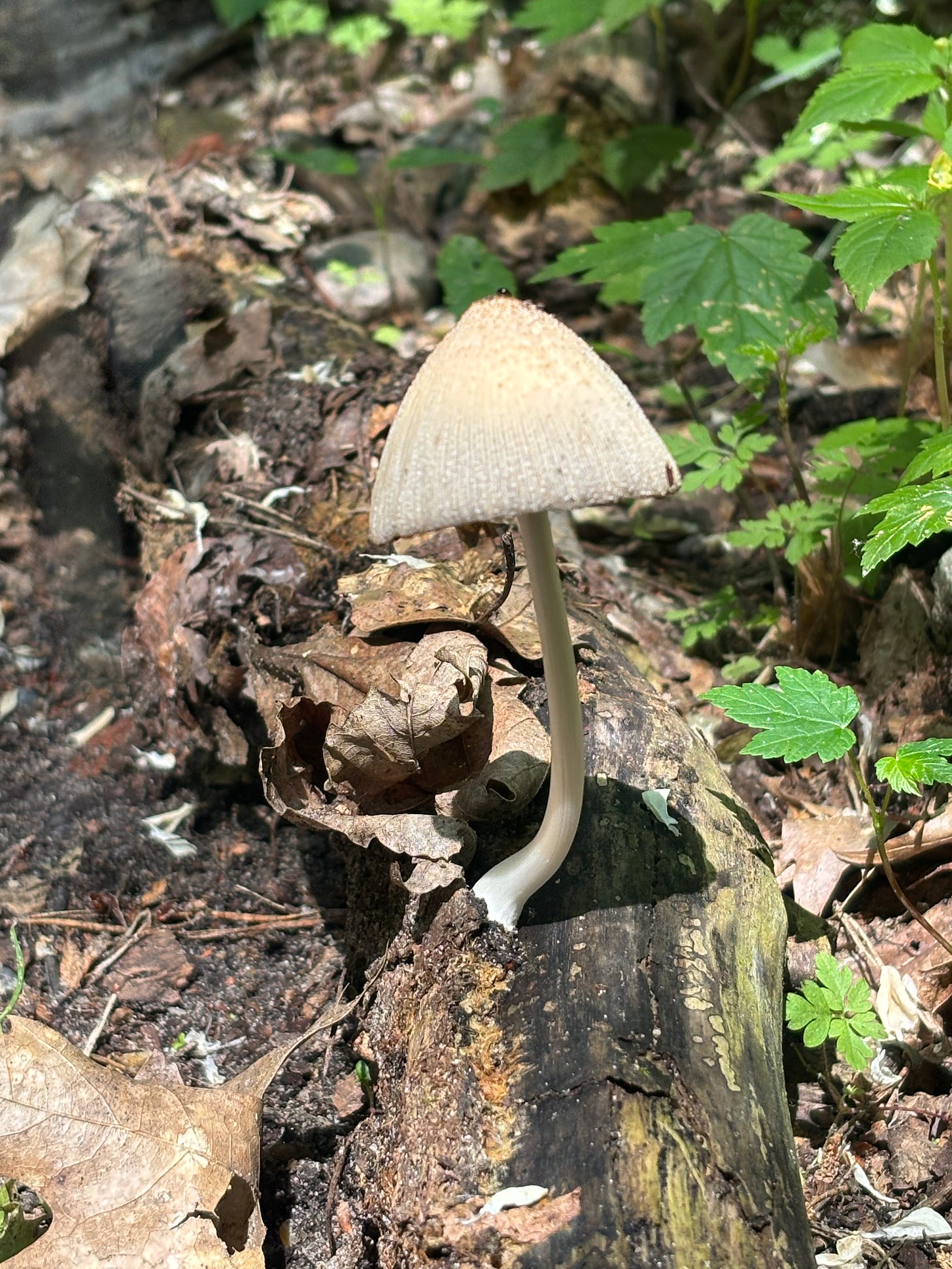
So what would a different way of thinking look like?
If you ask this question to yourself (and feel free to pause and try), maybe something like this emerges:
“Instead of a calculation, perhaps I can cultivate a more holistic, integrated way of being. Maybe the hike isn’t a theft of time from something more useful, but a vital component of the ecosystem that allows any useful activity to emerge at all. I'm part of that world I want to care for. And if I neglect my own small patch of it - my well-ebing, my connection with Erna, my need for walking - ultimately I diminish what I can offer to the whole.”
Maybe the hike isn’t a theft of time from something more useful, but a vital component of the ecosystem that allows any useful activity to emerge at all.
But maybe you already also see the flaw, that even that thought is still a calculated justification: I need to relax in order to do good.
That way of thinking is so pervasive. It's hard to get free of it.
Eventually I sat down by the water, took out my notebook and did some good old-fashioned brainstorming.
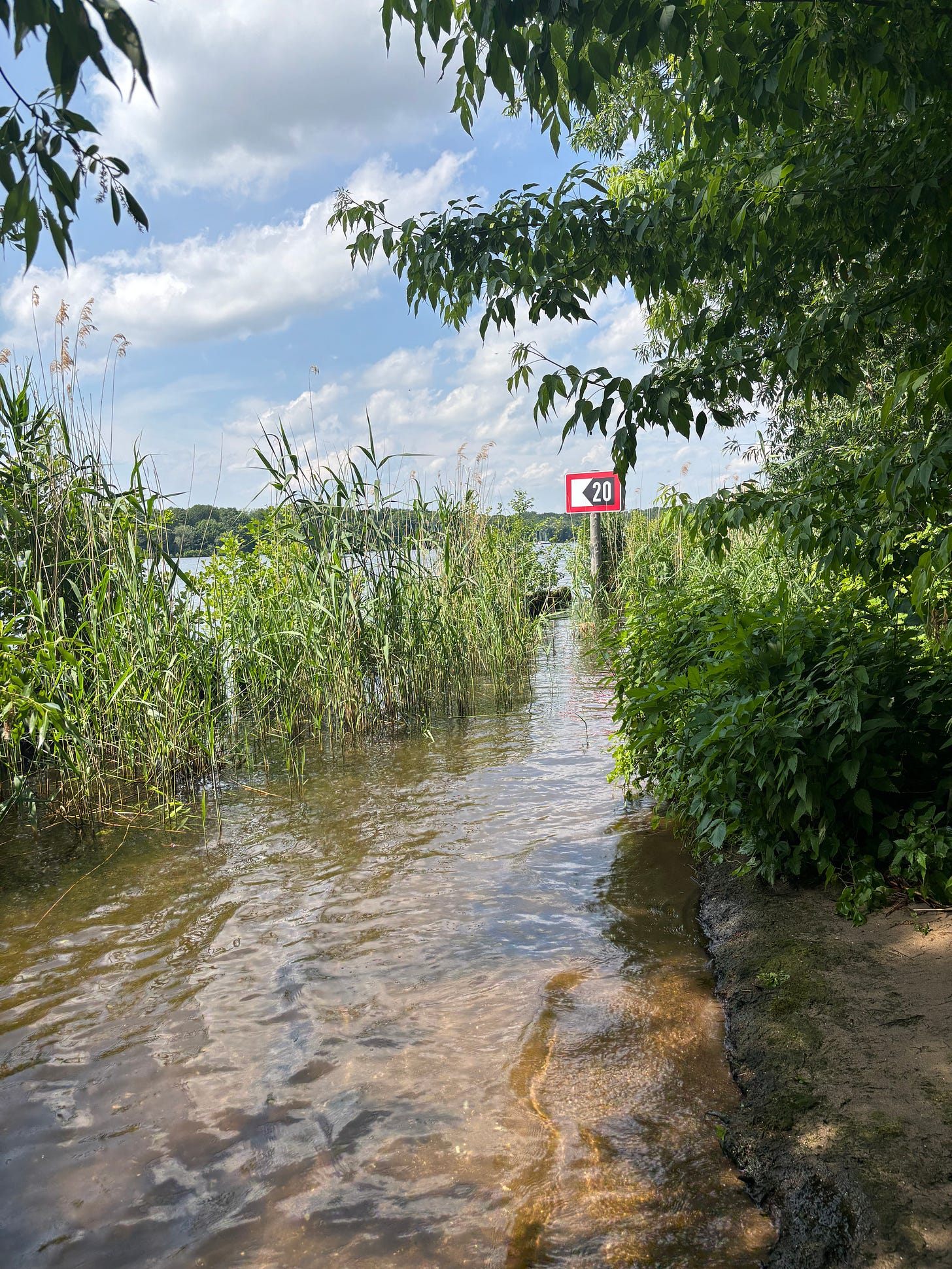
What if the hike IS the essay?
Not in the sense that I'll write about the hike (which I have now ended up doing), but because the act of walking, of being with Erna, of observing the dull Berlin flatlands, was the point, the full stop, the entirety of the expression that needed to happen in that moment. That moment didn't need to produce anything else.
Maytbe the universe, or whatever you want to call it, didn't need my words that day. It needed me to walk with my dog. My obsession with producing an essay was just my conditioned mind refusing to accept the simple is-ness of experience. The blades of grass aren't being counted. They're just there. I am hiking. Full stop.
What if the dichotomy is an illusion created by language?
"Hiking" vs. "Writing."
"Good for me" vs. "Good for others."
What if these are just convenient but ultimately false boxes we put experiences into?
What if it’s about resonance, not reason?
My inner compass wasn't pointing towards the laptop. It was pointing towards Pichelsberg. Maybe my soul, or my gut, or whatever non-rational part of me, knew something my calculating brain didn't. Perhaps it sensed a particular quality of light I needed to see, a specific scent Erna needed to smell, a random thought-fragment that would emerge only on that path. Not for any future utility, but for the sheer, in-the-moment rightness of it.
What if there's no better way, only different ways, and I am not the ultimate arbiter of which is needed?
Maybe the world didn't need my essay-writing that morning. Maybe it needed my quiet contentment walking with Erna. Or maybe it needed neither.
Maybe I am the one who needs to stop believing I have that much control or that much importance in the grand scheme.
I don't say this to abdicate responsibility. I say it to remind myself to be humble. My desire to write a "helpful essay" could even be a form of my ego, a need to feel significant, disguised as (effective?) altruism. By that logic, the hike - precisely because it felt pointless - might actually have been the more humble, and therefore truer, act.
Any of these pathways, if followed, could become a whole philosophy. I've left them as questions on purpose, though, because while any one of them might hold a shard of truth, none hold the whole.
Of course, a part of me still wishes for that ultimate, pocket-sized answer - the one I could just pull out next time I wonder whether to walk or work, and tada, decision made.
But life isn't quite that neat, is it?
What it does offer, if I'm willing, is the chance to keep re-engaging. To decide (and re-decide) in the face of complexity - not just with my mind, but with my whole PEMSER body (physical, emotional, mental, spiritual, energetic and relational).
Even when the process feels utterly, wonderfully useless to the pragmatic mind trained to optimise everything. That, for me, is the heart of living philosophically.
Bittersweet unknowingness.
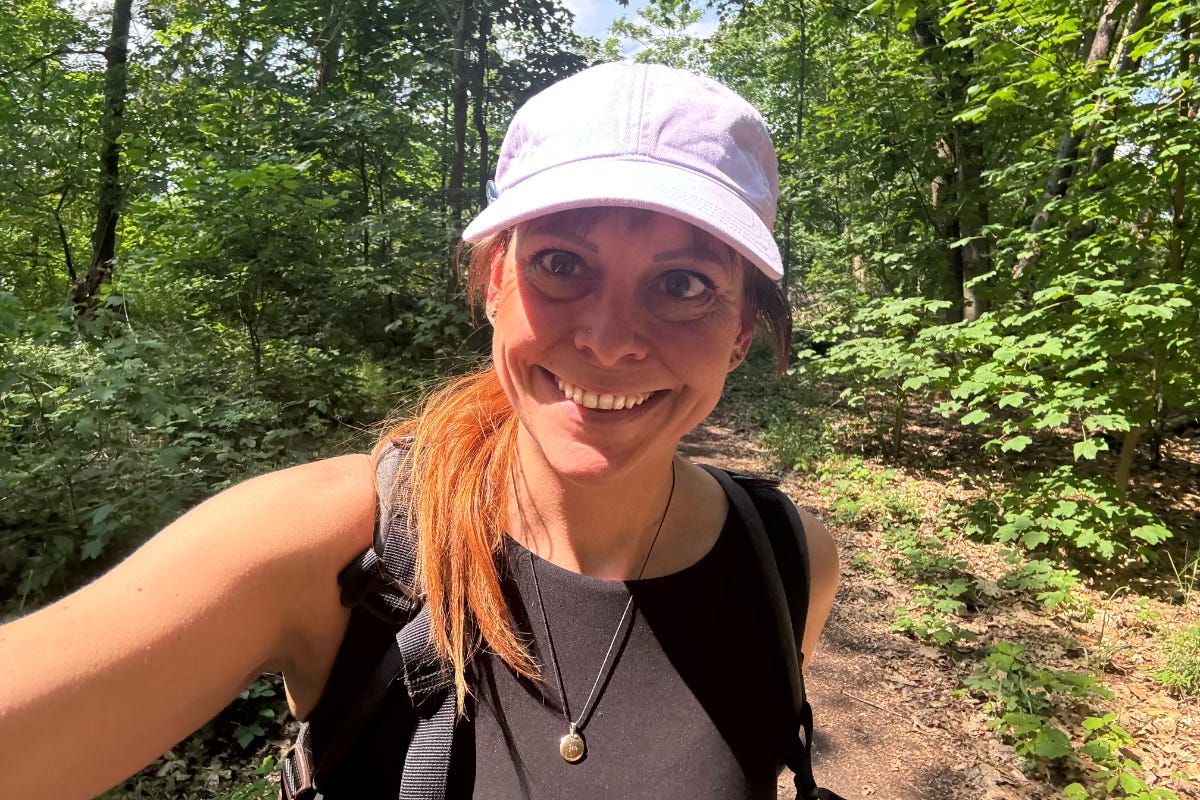
Jessica explores the art of practical philosophy, helping others develop their own philosophy to navigate the challenges of the Anthropocene. Her work is a blend of interdisciplinary insights—from ecology and sustainability to spirituality and psychology—crafted into wisdom you can apply to daily life.
For more thought-provoking reflections on living a good life in a complex, changing world, visit Wild:Philosophy to discover how to live in right relation, embrace paradoxes, and thrive in the gooey soup of meaning-making.


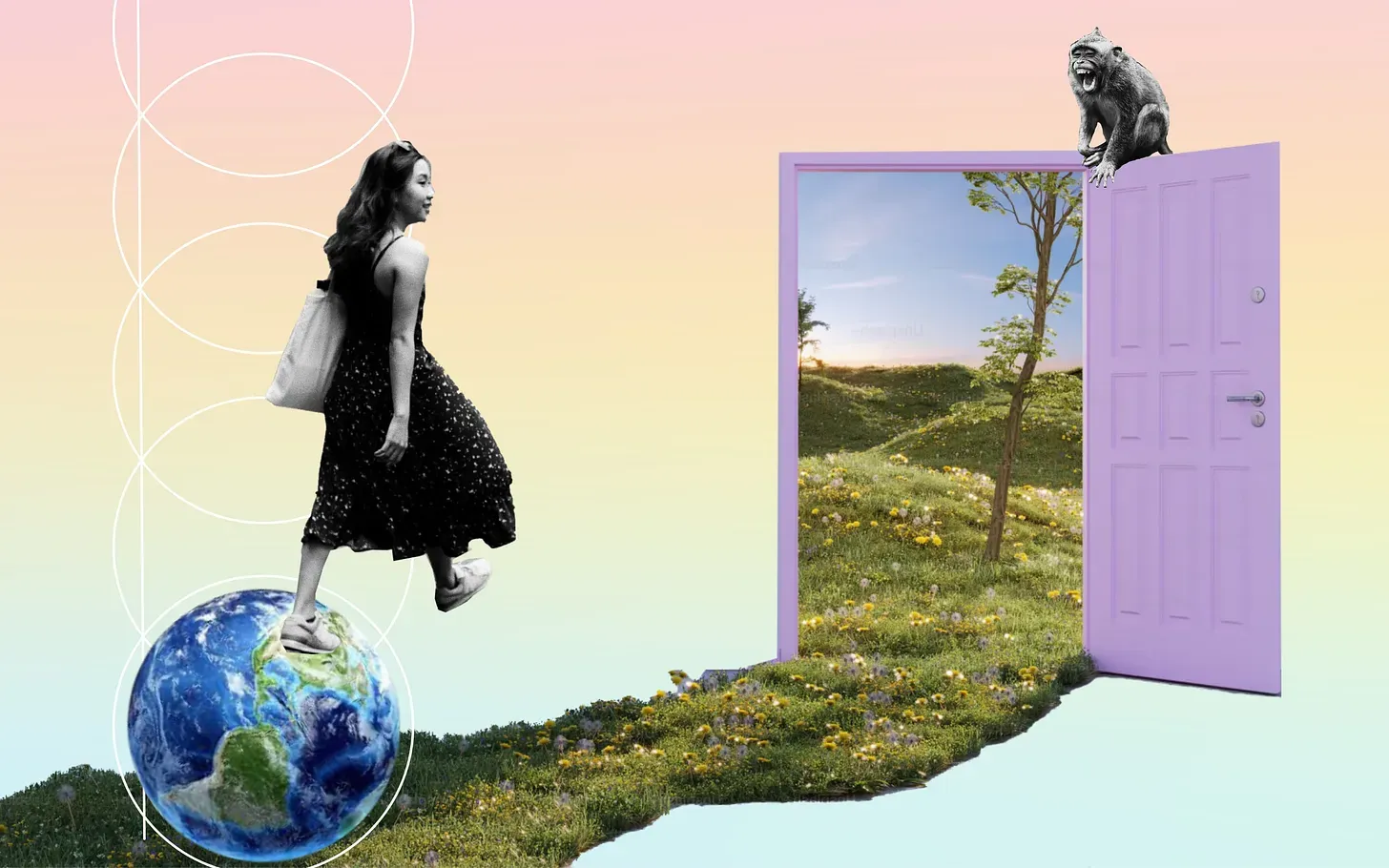
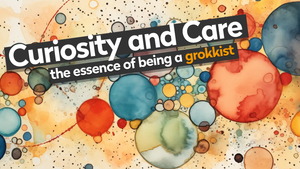




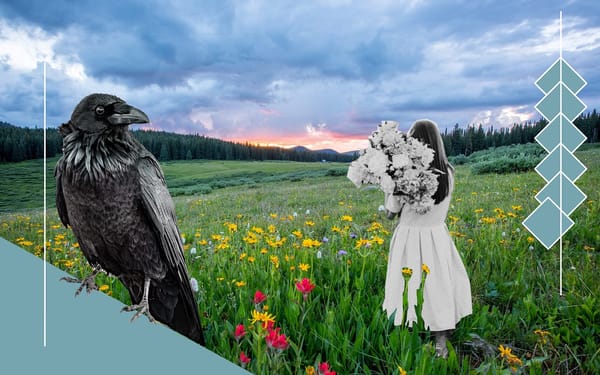
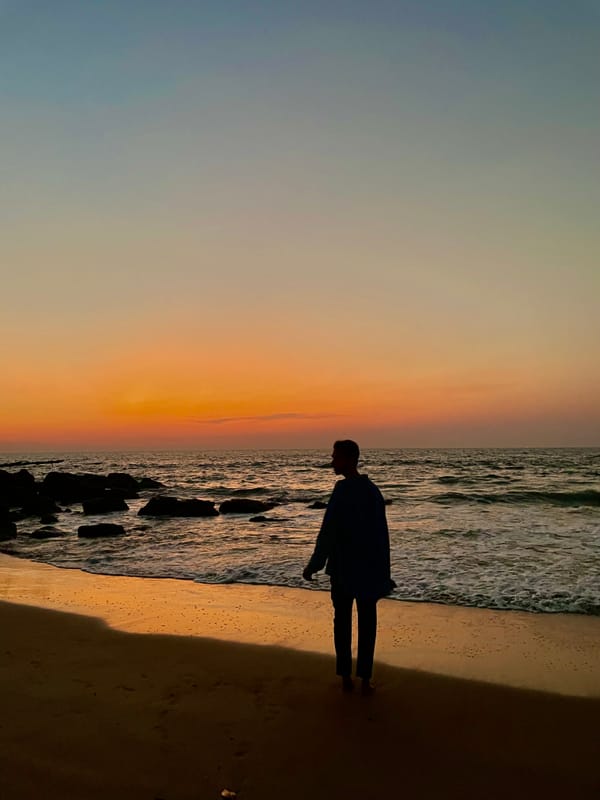
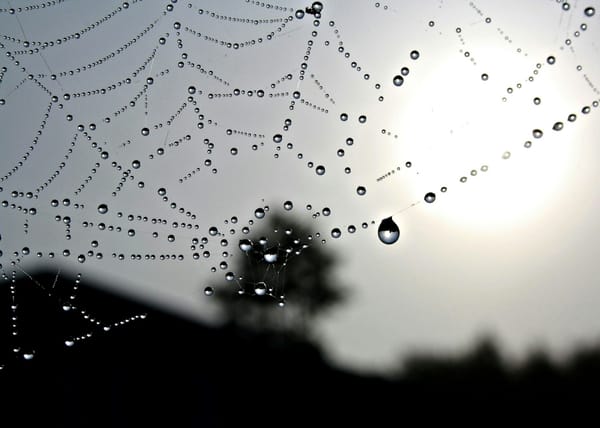
Member discussion